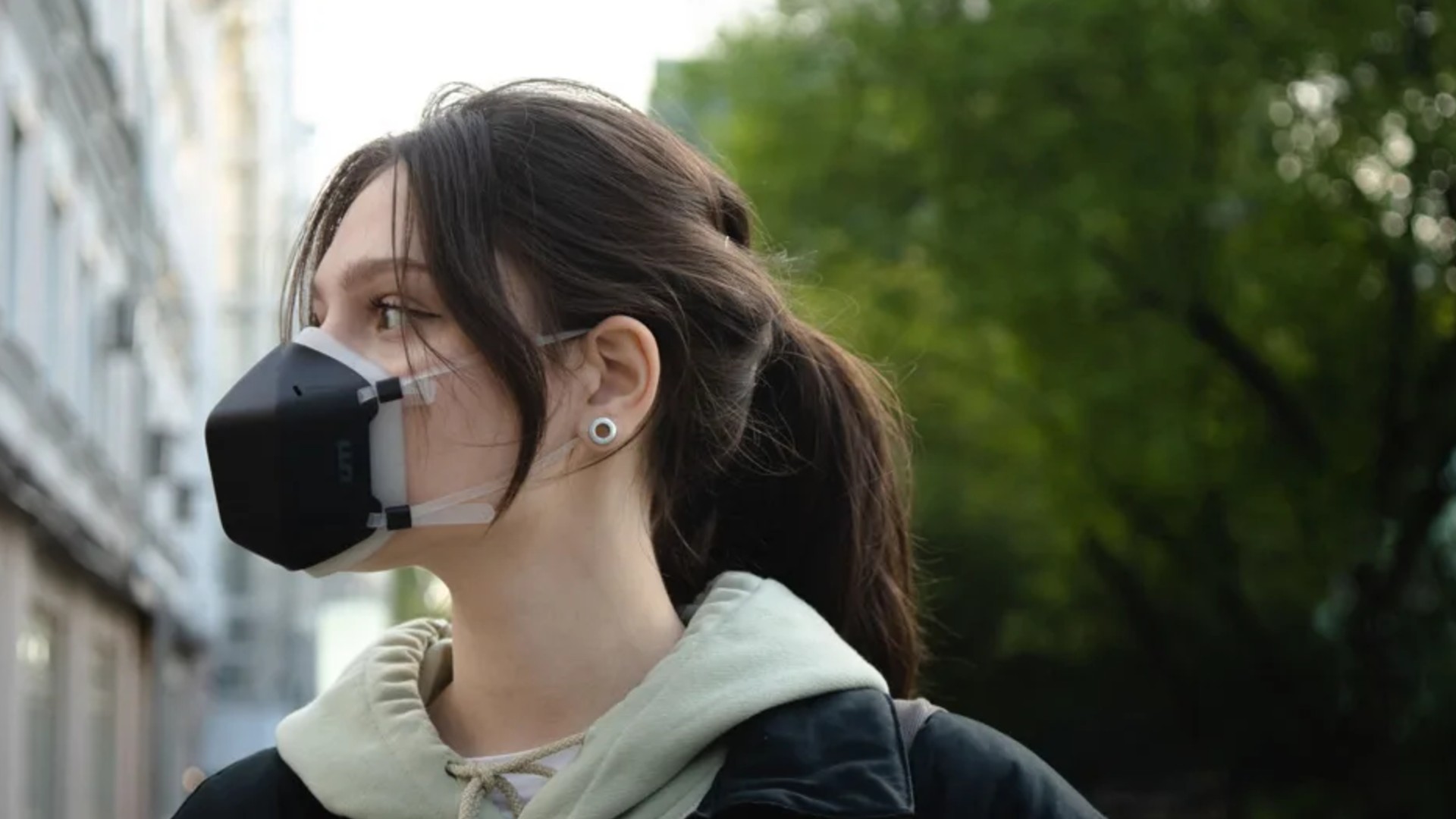AdeYou’s probably heard about home COVID-19 test kits, but what if you could put on a mask that you’d breathe into for a bit and that could diagnose you for COVID-19?
Well, you may not find one at your local pharmacy just yet. Still, scientists at the Massachusetts Institute of Technology (MIT) and Harvard University have developed an affordable face mask that can tell you if you have the coronavirus by simply having it on for 15-30 minutes and then waiting for another hour or so to have a ready report.
As per the study covered in-depth in a Nature Biotechnology article, the scientists showed that their diagnostic masks work as reliably as tests in labs.
Research scientist Luis Soenksen at Harvard’s Wyss Institute for Biologically Inspired Engineering, whose also a “venture builder” at MIT’s Abdul Latif Jameel Clinic for Machine Learning in Health and is one of the key authors of the new research explains to Fast Company’s Adele Peters, “You have to wear a mask anyway. So why don’t you also have that mask test you at the same time?”
What if your face mask could tell you if you have #COVID19? Now it can. Researchers from the Wyss and @MIT embedded freeze-dried cell-free biological reactions into a face mask, enabling it to detect SARS-CoV-2 in a patient's breath quickly and accurately. https://t.co/6boNRBhC6M
— Wyss Institute (@wyssinstitute) June 28, 2021
This could be a significant scientific and technological breakthrough as MIT researchers have, in the past, designed paper tests for Ebola and Zika that essentially use the same core technology to detect infection.
A different version of the test uses CRISPR enzymes to detect target molecules and then change in color — similar to a pregnancy test. The enzymes are freeze-dried and can remain dormant for months. A tiny splash of liquid from the breath of an infected patient and these enzymes can be rehydrated to activate the sensor.
In one of the face mask prototypes, a small water reservoir was also embedded within the mask. A button on the mask could be pushed to launch the test and let the trained CRISPR enzymes analyze the droplets from their breath. This process entirely avoids the discomfort of employing a nasal swab, and therefore the system is extremely good at detecting the virus.
Our colleague & Venture Builder, @LuisSoenksen, leads the team doing this important (& just plain cool) work:@Harvard & @MIT researchers are developing a face mask that lights up when it detects the #coronavirushttps://t.co/RKEA1Om4wH @MITProtoVenture #MITHacksC19 pic.twitter.com/KltTd4higK
— MIT Office of Innovation (@MIT_Innovation) May 14, 2020
In the new investigation, the scientists confirmed that the wearable sensors could be embedded in several other fabrics and be used to test for multiple pathogens. Clothing worn by soldiers, for example, could detect nerve agents. What’s more is that the sensors in the masks – the enzymes in the masks, more specifically – are open to re-engineering to test for newer variants of the virus or any other pathogen too.
Peter Nguyen, a researcher at the Wyss Institute for Biologically Inspired Engineering at Harvard University, claims that these mask sensors are “as sensitive as the gold standard, highly sensitive PCR tests, but it’s as fast as the antigen tests that are used for quick analysis of COVID-19” and were already effective at diagnosing newly emerging COVID variants.
